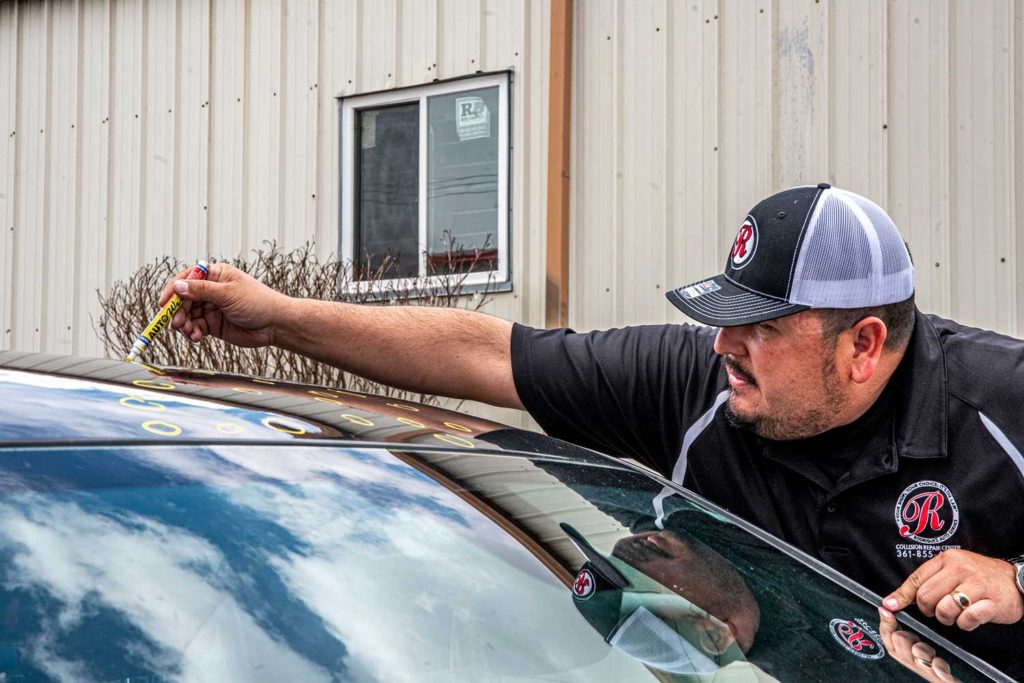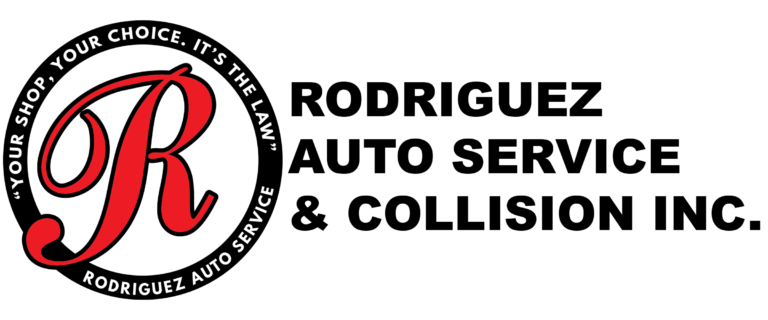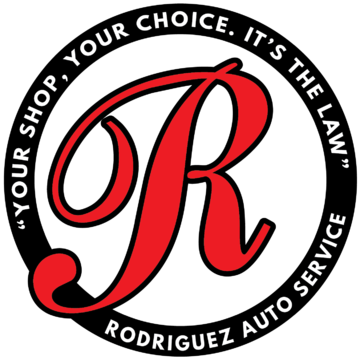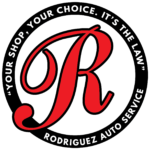Auto Insurance in Corpus Christi
- Home
- Insurance

Choosing An Auto Repair Shop
auto insurance corpus christi Know your rights! Know these facts:
- By law, you may have your car towed to and repaired at any repair facility you choose.
- Only one estimate is required to determine the amount of damage.
- Check with your agent to determine if a rental car is available under your policy.
- Make sure that the insurance company pays for all covered repairs.
- Choose auto insurance corpus christi repair shop carefully. Your future safety depends on quality workmanship today.
Consider these tips when choosing a repair facility:
- Ask friends and relatives for referrals to shops they trust.
- Give a copy of your insurer’s estimate to the shop, and be sure they can/will complete all the work indicated on that estimate.
- Have the shop provide a detailed price quote estimate in writing, and make sure your insurer approves of this estimate.
- Try to get a warranty on the repairs, which can indicate a trustworthy company.
In Texas you can decide where to have your car fixed. It’s the law! If the estimate you get from your insurer’s recommended shop is lower than a quote you get from another garage, your insurance company is still entitled to pay the difference in cost.
Accidents are unpredictable and can happen to anyone. When this happens, it’s common to wonder … ‘’will my car ever be back to the way it was?”. Lucky for you, here at Rodriguez Auto Service & Collision, that’s one of our specialties!
From the time your vehicle reaches our facility, we place our top-level technicians on the job. One major advantage, is that our specialists stay up to date with the latest industry knowledge and certifications to take care of your vehicle’s needs. Rather it be the most severe damage or just a minor fender bender, there’s no task too big or too little. Our greatest joy, is seeing the customer’s reaction after coming to pick up their fully restored vehicle.
Claims, 24-hour Wrecker Service and Rental Car Arrangement
The process is simple. After you’ve been in an accident, we can send the wrecker to pick up the vehicle & bring it back to the shop. From there, our team starts the claim process with the insurance company and handles everything needed to get you into a rental car asap. You literally get to sit back while we go to work for you!
We repair all makes and models and utilize only factory-level parts for your vehicle. This gives our customers a peace of mind knowing what exact parts are used in the process.
If you have a deductible, we can work with you to provide the most affordable options to pay it. Discounts are available based on the total cost of repairs and deductible needed for your claim.
After the repairs are completed, it’s time to paint the vehicle if needed. Rather it be a full body painting, or an isolated section, we have you covered. Being a PPG accredited business, we are supplied paints directly from the PPG distributor, which allows us unlimited capabilities to match any color in-house. Cutting out the middle-man means shorter wait times for our customers!
Whether you’re involved in a minor fender bender or your car gets totaled, it’s important to know what to expect insurance-wise. Assuming you have the right coverage in place from a reputable insurance company, getting your car repaired quickly and adequately doesn’t have to be a drawn-out ordeal.
It’s essential to understand the three auto insurance coverage types that can cover your car while it’s in the body shop: collision, comprehensive and rental car reimbursement insurance.
Collision and comprehensive are typically optional coverages that pay for your repairs to your vehicle after an accident. These protections carry a deductible — usually about $250, $500 or $1,000. The lower your deductible, the higher your premiums will be, but the less you’ll be responsible for out of pocket if you file a claim.
In the event of a total loss, your insurer will pay out your claim up to your car’s actual cash value, which is your car’s original purchase price minus depreciation. These aren’t required by law but can be required by your leasing or finance company.
Collision Insurance
Collision Insurance pays for repairs or replacements to your car when involved in an accident with another vehicle or a stationary object. Note that insurers generally require you to have comprehensive coverage in place before adding collision.
Comprehensive Insurance
Comprehensive Insurance covers damages to your vehicle not caused by a collision. Incidents include theft, vandalism, fire, falling objects, severe storms and natural disasters, hitting an animal, and acts of God or nature that are typically out of your control when driving. You’re typically reimbursed the ACV amount minus your deductible if your vehicle needs to be replaced.
Rental Car INSURANCE
Rental Car Insurance is an optional coverage that helps pay for the cost of a rental vehicle while your car is being fixed. Often, there’s a per-accident, per-day, and maximum days limit (such as $600 per accident, $20 per day, and 30 days maximum) for this coverage, which can cost less than $10 per day.
Having both comprehensive and collision is considered “full coverage”. Whether they’re worthwhile for you depends on the value of your car. If you have a newer model, it’s worthwhile to get full coverage because the value you stand to lose is higher if your car gets totaled.
These coverages are all different from liability insurance, which covers damages to another person’s car or property, as well as bodily injuries, that result from an accident you caused. Drivers in every state are required by law to have this coverage, although minimum mandated limits will vary.
UnDERINSURED MOTORIST INSURANCE
Underinsured motorist coverage helps pay your expenses if you’re hit by an underinsured driver. In some states, uninsured and underinsured motorist coverages are bundled together as a single coverage on your auto policy.
Each state defines “underinsured” a bit differently. Typically, it’s a driver who doesn’t have enough insurance to cover someone else’s damages if he or she is found at fault in an accident. For instance, an underinsured driver might have auto liability insurance but either:
- Insufficient liability limits to cover your bills after an accident
- Liability limits less than or equal to your underinsured motorist coverage limit
Reimbursement Policies — insurance policies in which the insured must first pay losses out-of-pocket and then seek reimbursement for any covered loss from the insurer, as opposed to policies in which the insurer is required to “pay losses on behalf of” an insured.




